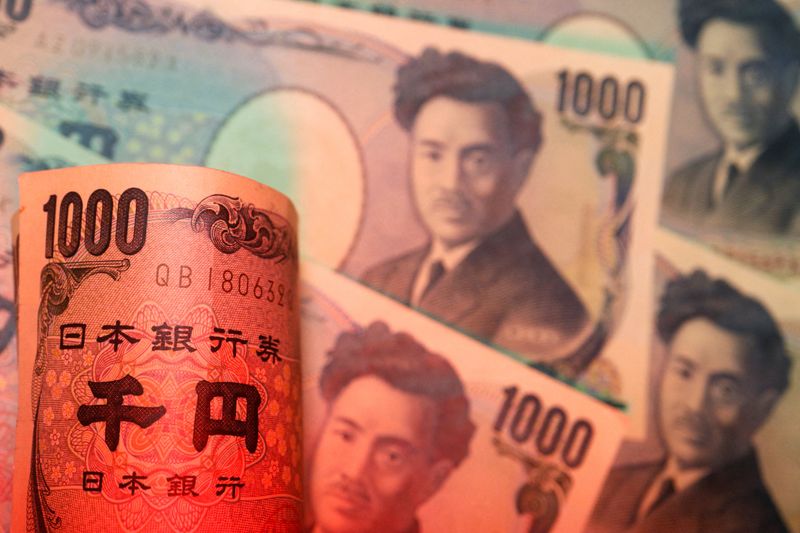What you need to know about today is here
2022.12.19 06:39
[ad_1]

What you need to know about today is here
Budrigannews.com – With a cautious eye on the one G7 nation that has not yet taken action, global markets enter the final full week of 2022 slightly punch drunk from this month’s latest round of central bank interest rate increases.
The Bank of Japan has maintained its status quo despite the fact that the Federal Reserve of the United States and monetary authorities in Western nations have increased borrowing rates throughout the year in an effort to control inflation.
Despite inflation rising to nearly twice the target of 2%, the BoJ’s biggest battle all year has been maintaining the yen’s weakness, which has resulted from its ultra-loose policy of bond buying and interest rates that are below zero.
However, central bank chief Haruhiko Kuroda will complete his second five-year term in April, so some change may be on the horizon next year, despite the fact that the BoJ is unlikely to alter that stance at the policy meeting this week. According to reports, the government may soon revise a joint statement with the BoJ regarding the latter’s inflation target, potentially paving the way for a modification in the BOJ’s ultra-loose monetary policy, which led to a rise in the yen and a fall in Japanese stocks on Monday.
Japan’s core consumer price inflation rate is anticipated to have increased to 3.7% last month, according to data that will be released on Thursday.
Even though U.S. Treasury yields ticked higher following the Fed’s relatively hawkish soundings since its rate hike last week, the rise of the yen depressed the dollar globally.
However, Fed policymakers’ predictions that official rates will rise above 5% and remain there throughout the year are still not being accepted by futures markets. The implied terminal rate for May remains at 4.83 percent, and rate cuts of nearly half a point are still anticipated from that point until the end of 2023.
Simply put, there are fears that the economy will rapidly weaken, as suggested by the most recent business surveys, requiring the Fed to halt and reverse its policy.
In the wake of shutting at their most exceedingly terrible levels in north of a month on Friday, U.S. stocks are set for a steadier open today.
However, the end-of-year mood is not helped by problems in the second-largest economy in the world.
China’s business certainty tumbled to its most reduced since January 2013, a review by World Financial matters displayed on Monday, mirroring the effect of flooding Coronavirus cases on monetary action with the sudden lifting of numerous pandemic control measures.
On Monday, stocks in Shanghai and Hong Kong were deep in the red, but markets in Europe were steady after a wild week and amid some indications that the widespread economic gloom in Germany may be beginning to improve. It could just encourage the European Central Bank’s newfound hawkishness, which is a double-edged sword.
Housing and construction, a particularly weak sector of the economy this year, will dominate the week’s incoming economic data for U.S. markets. The week ends with readings on the PCE inflation measure that the Fed likes.
Elon Musk, CEO of Twitter, started a poll on the social media platform on Sunday to see if he should step down as CEO, and he said he would follow the results. The majority of the most recent results indicate that he ought to leave.
In the weak crypto world, safety net providers are denying or restricting inclusion to clients with openness to bankrupt crypto trade FTX, leaving advanced money dealers and trades uninsured for any misfortunes from hacks, robbery or claims.
More Africans against protection of nature
The following are important developments that could guide U.S. markets later on Monday:
* U.S. Dec NAHB housing market index
* Bank of Japan starts two-day policy meeting
* European Central Bank Vice-President Luis de Guindos speaks








